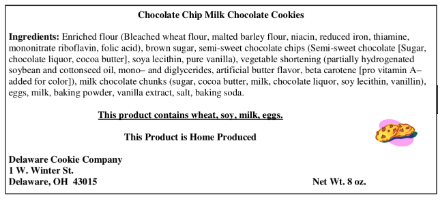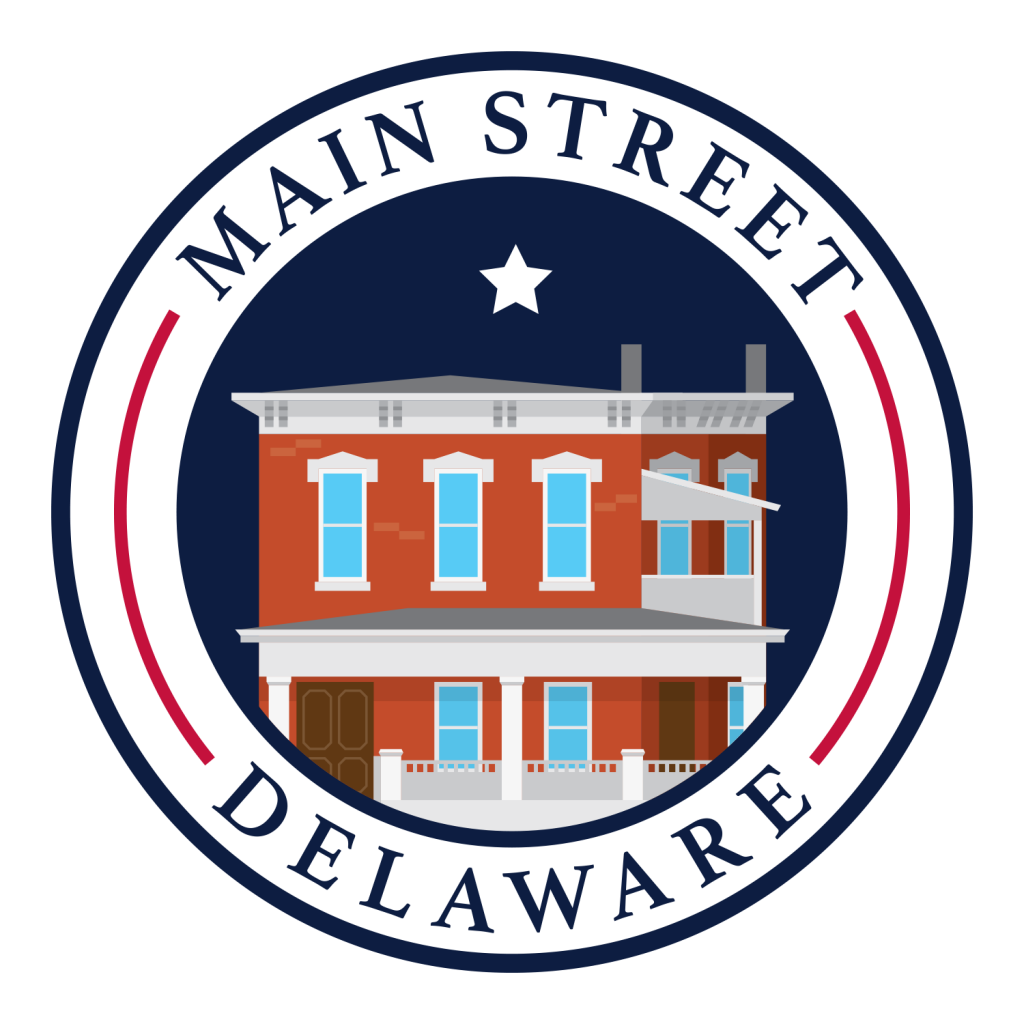2025 Farmers' Market Guide
The following rules and regulations have been established in order to create a market that offers local produce and products to the consumer directly from the producer. The goodwill and consideration of growers and producers to others will ensure the smooth operation of the market. Read these rules and regulations carefully before signing your application and keep this copy for your records. Failure to observe them may result in termination of your market assignment.
If you have questions regarding these rules or joining the market, contact Main Street Delaware at 740-362-6050 or programcoordinator@mainstreetdelaware.com. The 2025 season will begin on Saturday, May 24 and run through Saturday, October 25 weather permitting.
Other important dates include; Saturday, October 11 for the Performance Classic Car Show. On this date we are unable to set up on Sandusky Street because that is where the Car Show takes place. We can still have the market, we just have to move our set up to William Street. We already have some vendors who regularly set up on William Street, so we will communicate where you can set up on this date as it comes closer. And Saturday, October 25 for Trick-or-Treat Down Main Street. This is a fun opportunity for kids in the community to come to the market in their halloween costumes and trick-or-treat from both vendors and downtown establishments! It also brings a bigger crowd to the end of the market when things are starting to slow down.
2025 Rules and Regulations
1) Only regional growers, family members, partners, employees or members of a cooperative farming group may sell at the market. Exceptions may be made by the market manager.
2) Produce/products sold must be grown/produced by the principal grower/producer. NO BROKERS OR RESELLERS ARE PERMITTED. This will be enforced! Farms/properties may be inspected at the discretion of the market manager to ensure all products are grown by vendors.
3) Produce must be grown in either Delaware County or a contiguous county. Exceptions may be made by the market manager. Requests for exceptions must be made at least 2 weeks in advance of market day.
4) Crafts may be sold at the market. All items to be sold must be “homegrown” or “home made”. No exceptions. Items not permitted include animals or flea market-type items. All crafts must be juried by the market manager before they will be allowed to be sold at the market. There are no informational tables permitted at the market. Photos for the jury may be sent to programcoordinator@mainstreetdelaware.com. Crafts will be limited to 15% of our overall market numbers.
5) Vendors who participate in any market are required to provide their own liability insurance in the amount of 300k. Vendor shall provide proof of said insurance upon request. Vendors will also be requested to sign a liability waiver (in this document).
6) Vendors with a business or store front (outside of the historic downtown) selling the same items will not be permitted to participate. Exceptions may be made by the MSD director or the market manager.
7) Setup for the Saturday market will begin no earlier than 8:00 a.m., selling begins at 9:00 a.m. Sales end at 12:00 p.m. on Saturdays. If you require additional time for set-up, please inform the market manager. Early selling for either market will not be permitted. Please note: If you are not at the market within 10 minutes after the market has begun, and have not notified us that you will be late, your space may be given to another vendor. Please call the market manager prior to market day, if you know in advance that you will be late. You may call or text at 740-816-1682 (Linda) OR 740-417-0753 (Caroline).
8) Main Street Delaware is responsible for space assignments, public safety, and enforcement of the market rules. Spaces will be assigned with consideration to the length of time at the Market, continuity, product presentation, and the best interests of the entire market. If you have a concern or complaint regarding market rules please submit your complaint to the market manager in writing and it will be reviewed with the market manager, the president of Main Street Delaware’s Board of Directors and the Executive Director. Please note that all rules are subject to change based upon the overall betterment of the market and downtown Delaware.
9) Vendors are permitted to temporarily park and unload supplies from their vehicles at their locations during setup times; those vehicles should be moved to the public parking area prior to the market opening. Vendors can double park in order to unload & load for the market. This should take no longer than 10-15 minutes. Please use flashers and observe great caution. After unloading, please park in a rear parking lot so nearby parking spaces are available for market customers and brick and mortar businesses. On-street parking in the market area is forbidden.
10) Market prices for all items must be visibly posted. All growers are responsible for setting their own prices. If you are selling items by exact weight, you must have access to an inspected scale.
11) Operate your stand in a neat, safe, and sanitary manner. Keep your sales area clear of garbage and keep produce off of the ground. Sellers must also clean up their spaces after each market. A broom and dustpan can be provided, when needed. Vendors must be courteous and honest at all times. Do not block the entrances of the downtown retail establishments.
12) No smoking will be permitted within the Farmers’ Market vendor area.
13) Main Street Delaware and/or the market manager reserves the right to admit or reject any vendor for any reason not prohibited by law.
14) You must pay in advance for market space or on the day of the market. CHECKS ARE TO BE MADE PAYABLE TO MAIN STREET DELAWARE, INC. Fee schedule:
A non-refundable $20 registration fee must be paid with all applications.
Stall Fees:
All season (23 weeks) = $300
All season (23 weeks) non-contiguous county farms/residents = $400
Single week charges = $20
Single week charges non-contiguous county farms/residents = $30
Main Street Delaware, Inc. does not enforce the United States Dept. of Agriculture requirements. In the event of a U.S.D.A. inspection, the vendor is held responsible for compliance. For more information, please contact the Ohio Department of Agriculture office, @ 614-728-6200. You may also contact the Food Safety Division @ 1-800-282-1955, ext 3.
All vendors selling edible products must adhere to the cottage food selling regulations from the Delaware County Health Districts Rules and Regulations. These requirements are available at the Farmers Market or at the Health Department.
Your booth may be inspected by the Delaware General Health District for safe food regulations pertaining to your products. By signing this attached document you are agreeing to adhere to their rules and regulations. For questions regarding these requirements please call Shannon Self of the Delaware Public Health District at 740-368-1700 for more information.
Farmers/Vendors who wish to accept Senior Vouchers and SNAP as a form of payment at the Main Street Delaware Farmers Market can contact the following organizations. By signing the attached documents you are agreeing to adhere to their rules and regulations.
Information regarding Senior Vouchers, please call SourcePoint 740-203-2362
Information regarding SNAP or Produce Perks, please call the Andrews House 740-369-4520
Cottage Food Rules
What food can I sell at a Farmers’ Market without having to get a temporary retail food license from the Health Department?
Fresh, whole fruits and vegetables, maple syrup, sorghum, honey, and commercially packaged foods that do not require temperature control (i.e. potato chips, snacks, candy, soda and canned items). You also may sell foods that are considered to be “cottage foods.”
What are cottage foods?
Cottage foods are foods produced in a person’s home and do not require temperature control when stored or displayed for sale. The list of approved cottage foods are as follows:
Non-potentially hazardous bakery products
Jams
Jellies
Candy
Fruit butters
Granola, granola bars, granola dipped in candy
Popcorn, flavored popcorn, kettle corn, popcorn balls, caramel corn
Unfilled, baked donuts
Waffle cones
Pizzelles
Dry cereal and nut snack mixes with seasonings
Roasted coffee, whole beans or ground
Dry baking mixes in a jar, including cookie mix in a jar
Dry herbs and dry herb blends
Dry seasoning blends
Dry tea blends
Do I need to do anything special if I am planning to produce cottage food?
Yes. All cottage foods are required to have proper labeling informing consumers about the ingredients of the food and where it was produced. The label must include the name and ad- dress of the producer, the common name of the food being sold, the ingredients (including sub- ingredients) in descending order by predominance of weight, the net weight or volume, declaration of known common allergens, such as wheat, eggs, milk, soy, peanuts, tree nuts and fish, and the statement in ten-point type “This Product is Home Produced”.
What type of food can I sell if I obtain a temporary retail food license from the Health Department?
You may sell all of the food items that are allowed without a license. You may also sell commercially processed packaged foods that require temperature control, USDA or ODA inspected eggs, raw meats from your farm that have been processed at a USDA or ODA inspected processing plant, and baked goods, produced in a licensed Home Bakery, that require temperature control (i.e. pumpkin pies, custard, meringue, pudding)
Are there any food items that I absolutely cannot sell at a farmer’s market?
Yes. Examples of the types of foods you cannot sell include, but are not limited to home-canned products (pickles, sauerkraut, salsa, eggs, beets, vegetables, mustard, etc…), meats or eggs that have not been inspected, home-produced beef jerky, home-produced pasta. These types of food, in particular, can cause serious illness if handled improperly. They may only be produced in a licensed and inspected facility.




